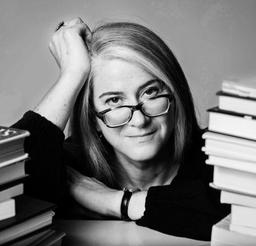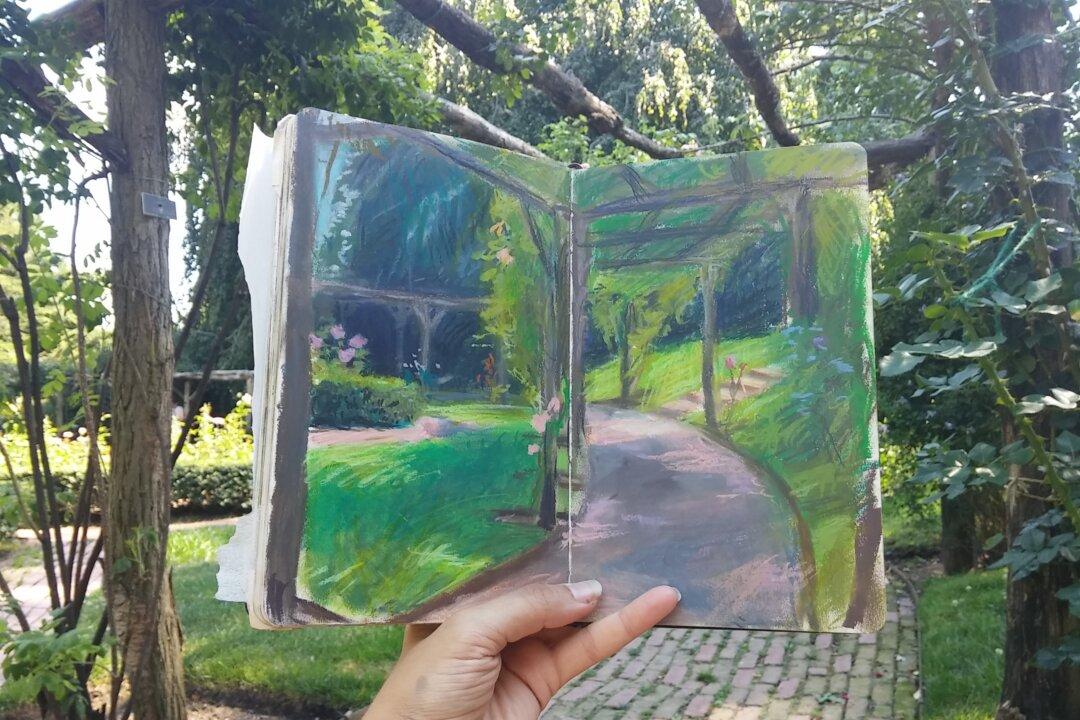NEW YORK—He walks across the stage to the grand piano with such ease you can anticipate his performance in full confidence. But once his nimble hands let tones flow so lyrically, you may have to close your eyes to fully listen because the crystal shoes he wears can be rather mesmerizing.
First a pianist, and later an actor, mentor, producer, and designer, Konstantin Soukhovetski loves playing for a live audience. “When I’m performing, in that moment, I am more real than when I’m not,” he said.
At first the shoes may seem gimmicky, but the Swarovski crystals actually hint at the multifaceted aspects of Soukhovetski’s personality, talents, and aspirations.
A Maverick at Home in New York
Soukhovetski grew up in Moscow, before the fall of the Iron Curtain, in what he calls “a dynasty of painters.” His father’s paintings are on Russian postage stamps and in museums. His mother’s and sister’s paintings are in collections worldwide. As the first born, his parents expected him to be a painter too—in line with the “dynasty.” But Soukhovetski, who loved watching bootleg American movies, knew he would be much happier performing, than behind the scenes creating paintings.







